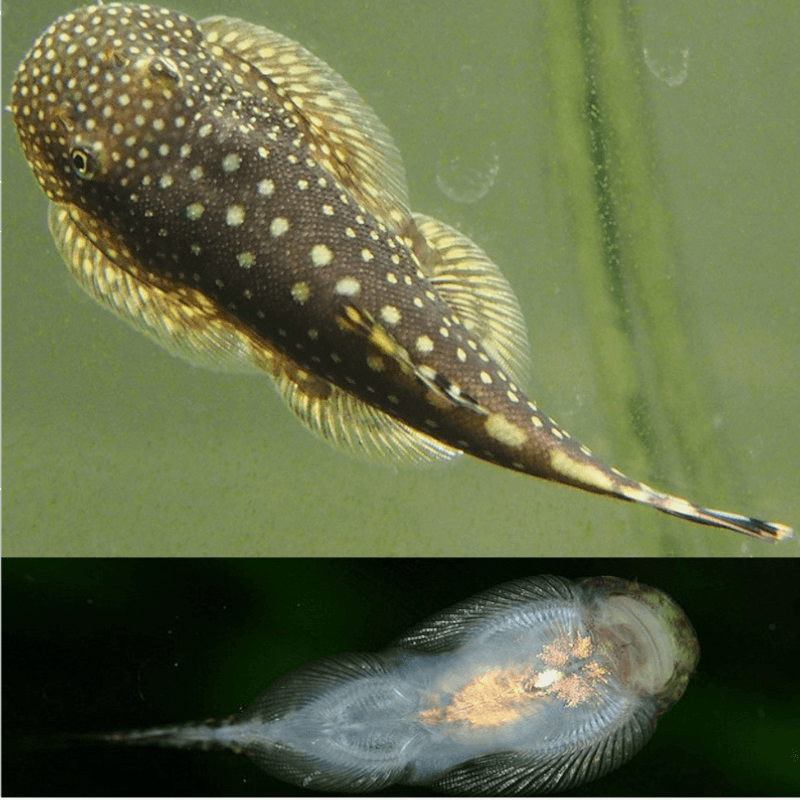Aquatic Sucker
In the world of aquatic wildlife, there is one creature that often gets overlooked - the aquatic sucker. This small fish may seem insignificant, but it plays a crucial role in maintaining the health and balance of our aquatic ecosystems.
The Pain Points of Aquatic Sucker
Many people view aquatic sucker as a nuisance, as they are often seen attaching themselves to rocks and other objects in large groups. However, this behavior actually serves a purpose - aquatic sucker are filter feeders, and they use their suction cup-like mouths to scrape algae and other debris from surfaces.
What is the Target of Aquatic Sucker?
Aquatic sucker are primarily found in freshwater environments, such as lakes and rivers. They are most commonly found in North America, but can also be found in other parts of the world.
Main Points about Aquatic Sucker and Related Keywords
By keeping the water clean and clear of excess debris, aquatic sucker contribute to the overall health of the ecosystem. They also serve as a food source for larger aquatic creatures, such as fish and birds.
Why Aquatic Sucker Matter
As someone who has spent countless hours studying aquatic ecosystems, I can attest to the importance of aquatic sucker in maintaining a healthy balance. In one particular study, we noticed a significant decline in the overall health of a lake after a large number of aquatic sucker were removed from the ecosystem. Without their filter feeding, algae began to grow unchecked, leading to a number of issues that ultimately impacted the entire ecosystem.
Protecting aquatic sucker should be a priority for anyone who cares about the health of our aquatic ecosystems. Whether you enjoy fishing or simply appreciate the beauty of a clean, clear lake or river, aquatic sucker play a crucial role in maintaining that delicate balance.
Understanding Aquatic Sucker and Related Keywords
While aquatic sucker may not be the most glamorous fish in the pond, they are a fascinating creature with many unique adaptations. For example, their suction cup-like mouth is made up of specialized muscles and tissues that allow them to attach themselves firmly to surfaces without dislodging.
The Benefits of Protecting Aquatic Sucker
In addition to the benefits they provide to the ecosystem as a whole, protecting aquatic sucker can also have a positive impact on local economies. By keeping lakes and rivers healthy and clear, these fish support a variety of recreational activities such as fishing, swimming, and boating.
Question and Answer
Q: Are aquatic sucker dangerous?
A: No, aquatic sucker are not dangerous to humans. They are relatively small and pose no threat to people or larger animals.
Q: How do aquatic sucker reproduce?
A: Aquatic sucker reproduce by laying eggs in shallow waters. The eggs are then fertilized by the male, and the young hatch after a period of several days.
Q: What do aquatic sucker eat?
A: Aquatic sucker are primarily herbivores, and they eat algae and other plant matter that grows on surfaces in the water.
Q: How can I help protect aquatic sucker?
A: There are several ways you can help protect aquatic sucker, including properly disposing of trash and other debris near waterways, avoiding the use of harsh chemicals near water, and supporting conservation efforts and organizations that work to protect aquatic ecosystems.
Conclusion
Aquatic sucker may not be the most high-profile species in the world of wildlife, but they play a vital role in maintaining the health and balance of our aquatic ecosystems. By understanding their importance and taking steps to protect them, we can ensure the continued health and vitality of these valuable creatures.
Gallery
Sucker 04 | Aquatic Environmental Services

Photo Credit by: bing.com / sucker
Aquatic Invasive Species | Super Sucker

Photo Credit by: bing.com / algae vacuum bay kaneohe invasive sucker super hawaii oahu aquatic barge tab title gov resources water hose green collection left
Sucker 05 | Aquatic Environmental Services

Photo Credit by: bing.com / sucker
Sucker 07 | Aquatic Environmental Services

Photo Credit by: bing.com / sucker lakework
Borneo Sucker - Aber Aquatic

Photo Credit by: bing.com / borneo sucker
